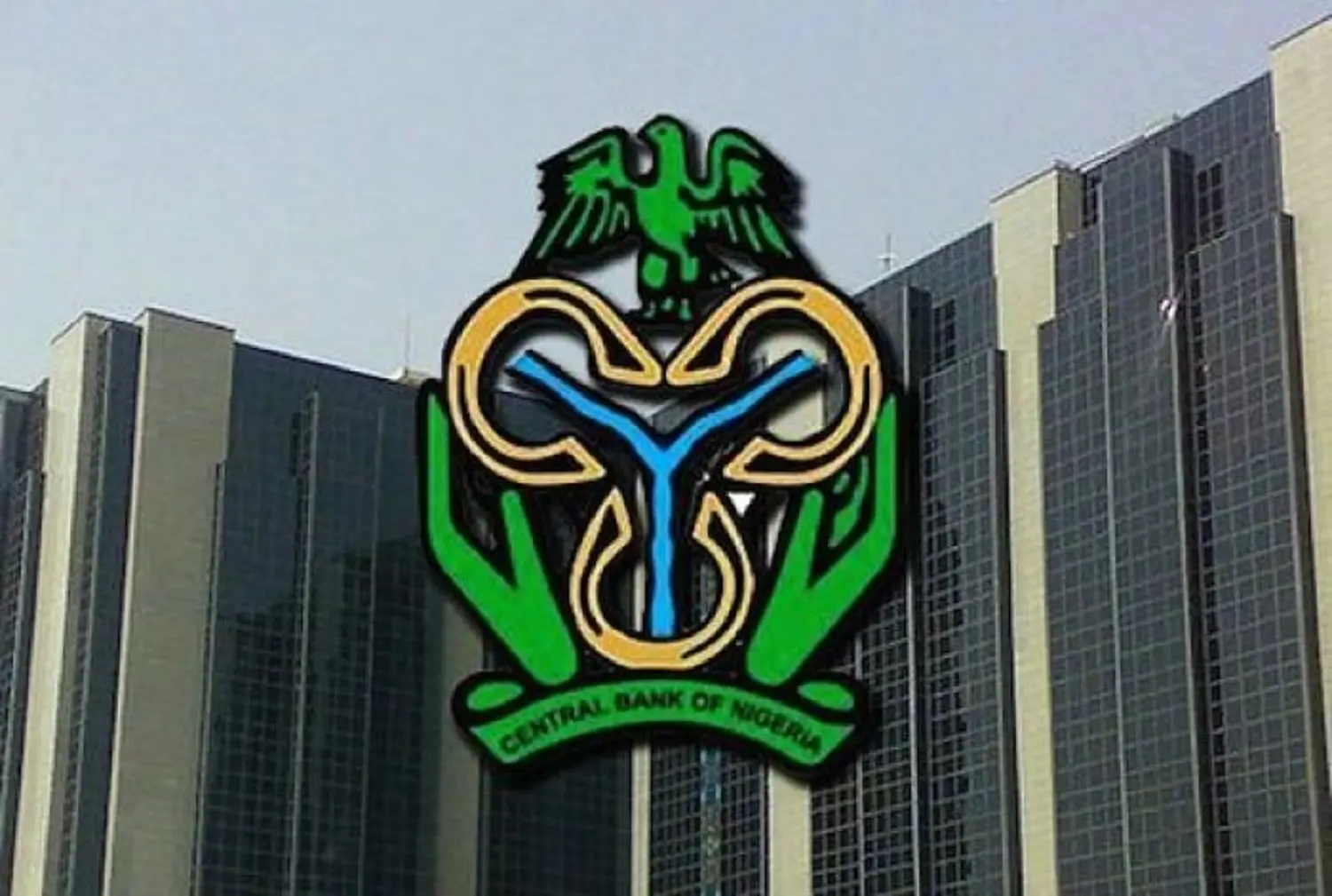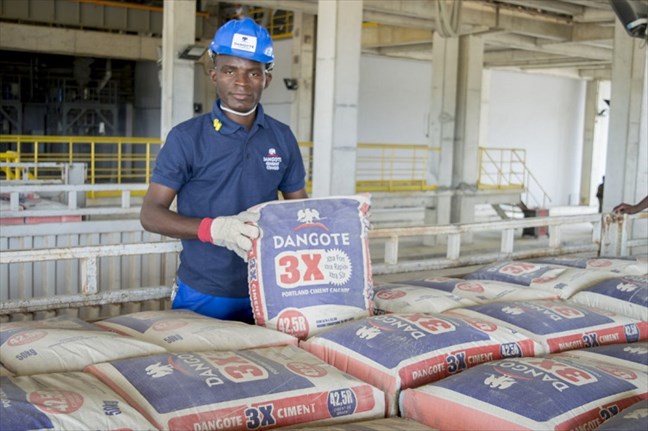Nigeria struggled in 2022 with an unheard-of degree of inflation, with the headline rate reaching a 17-year high of 21.47% in November following ten months of continuous increases.
Between January and November 2022, Nigeria’s inflation rate averaged 18.53%, compared to 17.1% during the same time in 2021.
The decline of the exchange rate, on both the official and unofficial markets, made the situation worse.
With regard to the I&E window and the black market, the naira fell versus the US dollar by 5.7% and 23.1%, respectively, to close at N461.5/$1 and N735/$1.
Increased pressure on consumer spending and purchasing power as well as restrictions on investment vehicles resulted from a high inflation rate and exchange rate depreciation, with many investment portfolios barely beating the inflation rate.
How the stock market fared: In contrast to the 6.07% increase seen the year before, the Nigerian stock market rose by 19.98% in 2022.
This represents a positive actual return of 1.45% for the year as compared to the average inflation rate for the previous 11 months.
In the review year, the NGX main board index increased 33.18%, which represents a positive actual return of 14.62%.
The NGX 30 index, which measures the performance of the 30 largest companies listed on the exchange, however, only recorded an annual return of 6.98%, which is significantly less than the inflation rate.
Similar to how the premium index underperformed compared to inflation, the premium index only had positive growth of 13.14 percent in the review year.
While this was going on, a few blue-chip corporations managed to outperform inflation, posting high double-digit gains in the year under consideration.
Nigeria’s blue-chip equities, also known as NSE 30 stocks, are famous for having the greatest liquidity and capitalization levels on the Nigerian stock market.
How the businesses fared:
In its investigation, Nairalytics, the research division of Nairametrics, singled out two oil and gas companies, four consumer product companies, a telecommunications company, one from agriculture, one from logistics services, and one each from industrial goods and consumer goods.
Notably, 36 businesses on the Nigerian Stock Exchange exceeded inflation in the year under review, including 14 blue chip companies that posted gains above the inflation rate for 2022.
Wema Bank took the top spot on the list with an annual return of 441.7% after putting together a strong financial year that earned it a spot among Nairametrics’ top-performing banks in the first half of 2022.
The rating is available here.
With gains of 86.1% and 77.7%, PZ Cussons and Guinness Nigeria came in second and third.
Interestingly, Airtel Africa, the sole telco on the list, has overcome companies like MTN and Dangote Cement to become the most capitalized firm in the Nigerian market, acquiring 71.2%.
BUA Foods, which began trading on the NGX’s main board in January at N40 per ordinary share, ended the year at N65, a gain of 62.5%.
In the stock market, Fidelity Bank also recorded an annual return of 70.6% after placing third among the best-performing commercial banks according to Nairalytics in the third quarter of the year.
NAHCO (+71.1%), Seplat (+69.2%), Presco (+56.6%), BUA Cement (45.8%), Fidson (+44.7%), Ardova (+41.5%), United Capital, and Cadbury, with yearly returns of 41.4% and 35.2%, respectively, are some more companies with outstanding results.
Why it matters: Different investment vehicles, including fixed-income assets, mutual funds, exchange-traded funds (ETFs), and stocks, deploy their capital based on the type of investor and the goal of the investment.
However, equity investors tend to be more interested in capital appreciation than capital preservation, so they should always be on the lookout for inexpensive companies with the potential to increase in value, dividend-paying stocks, or business stocks with solid fundamentals.
In spite of aggregate returns on investment indicating otherwise, investors company these returns to the rate of inflation in order to ensure they do not lose their money.
Thus, it is important to monitor how organizations are doing in regard to inflation.













